ECONOMIC analysts have expressed reservations on the proposed $50 million rescue package for Hwange Colliery by British mogul Mr Nicholas van Hoogstraten, saying this could be tantamount to handing over a national energy asset to Westerners for a song.
Mr van Hoogstraten, through family investment vehicles, controls about 30 percent of the mining firm.
Responding to a request for a $20 million bailout by the cash-strapped Hwange Colliery, the controversial businessman demanded five years of exclusive control of the coal mining giant in exchange for a $50 million cash injection through obscure share transfers.
Hwange Colliery chairman Mr Farai Mutamangira said yesterday his board was looking at the proposal, but would proceed with caution.
"Like any other proposals that we receive, we are looking at it carefully," he said.
Under the proposed transaction, Mr van Hoogstraten wants effective management of Hwange Colliery through a designated Special Purpose Vehicle falling under Willoughby's Consolidated, a London- based company owned by his family. A co-ordinating committee comprising three of Willoughby's representatives and two Hwange directors would be put in place, after which the $50 million loan would be made available.
According to the agreement, the $50 million capital injection will be formalised and secured by the issue of convertible loan stock with a 10 percent interest rate, a conversion rate of one new US25c ordinary share for each US0,50c of loan stock and convertible at the end of the fourth year. The Government's 37,08 percent shareholding would be maintained while debts owed to statutory bodies will be converted into five-year preference shares at a par value of $1 and a 5 percent interests rate.
Banks owed by the company would receive an immediate 50 percent cash payout.
But analysts have questioned Mr van Hoogstraten's benevolence, saying the proposal was clear that for five years, he would have monopolistic rights over national coal reserves, but it was silent on the critical issues that would securitise national interests of ensuring that resources exploited would translate in equal measure into development for the country, in particular workers and residents of Hwange.
"Hwange is a strategic national asset," said one analyst who spoke on condition of anonymity.
"Granted, Hwange needs urgent cash injection but this has to be undertaken in a manner that does not compromise national resources. Our desperation for investment must not be used to force us to give away our mineral resources. More importantly, when a Western-based business character like Van Hoogstraten makes propositions in the format he has done, those acting on behalf of the State have a mandate to proceed with caution so as to minimise the risk of donating local mineral resources to Westerners without any matching development coming into the country for our people. We are a country under Western economic sanctions, and to have London-based firms presiding over our national assets is suicidal . . . it's playing into the hands of the enemy and recreating the whole cycle of colonisation
"For example, the proposition being made is centred on creating viability for Hwange through increased production and new machinery but the question is for whose ultimate benefit?
"The national priority right now, as enunciated by President Mugabe in the manifesto of the ruling party, is industrial viability coupled with community development in the form of the Indigenisation and Economic Empowerment Act culminating in Share Ownership Schemes for the workers and the community. We have to avoid a situation where five years down the line, a London-based consultancy has made billions from our resources, the coal fields are exhausted, Hwange becomes a ghost town but there is no evidence of an equally empowered community as evidence that we once owned that resource. This whole deal is flying in the face of our indigenisation drive."
Deputy Foreign Affairs Minister Ambassador Christopher Mutsvangwa said Mr van Hoogstraten wanted to capitalise on brighter prospects for coal exports to overseas markets in light of the new railway line linking the Moatize coal basin in western Mozambique with the northern port at Nacala-a-Velha, passing through Malawi.
It will start operating by September 2014. Ambassador Mutsvangwa said Mozambique would soon become a gateway for Zimbabwe coal exports, particularly to Asia.
"The prospects of exporting coal to energy-starved markets in now real due to the real value being created by Mozambique," said Ambassador Mutsvangwa in an interview.
"He wants to be seen like 'Father Christmas' but he is not.
"He wants to enjoy the development dividend (created by Mozambique at the expense of Zimbabwe) for a $50 million loan."
A clause in the proposal that has got worker representatives at Hwange Colliery seething with rage is that the new management would study and decide on the level of engagement with workers on a needs and skills basis and come up with new contracts.
'It is very clear that the whole deal is being dominated more by commercial interests than human welfare," said one worker.
"When private individuals take over management control of huge companies like Hwange, the priority is viability through job cuts.
"As workers, we have dedicated many years of loyal service here and we have been hopeful that some form of employee share ownership scheme could suffice to guarantee the future of our children.
Long-term consequences
"But the new structure in the proposal will not be interested in loyalty, it is most likely that focus will be on amassing as much of profits as possible during the five-year period of exclusive control and what becomes of the 3 500 workers, nobody knows."
An investment analyst suggested Government could raise its stake by converting some of the statutory loans into shares.
"What is lacking is the Government control and that is why most resolution gets blocked unnecessarily," said the analyst.
Hwange Colliery is Zimbabwe's primary source of the best quality coal accounting for the energy needs of major sectors such as beer manufacturers, power generators, among others strategic industries driving the economic performance of the country.
Despite the serious capital constraints affecting the performance of the coal concern, economic analysts have warned solutions must not be rushed into without taking a full stock of their long-term ramifications on the fabric of national development.
- herald
 Minister faces court over labour reform delay
Minister faces court over labour reform delay  South African ambassador falls to death from Paris hotel room
South African ambassador falls to death from Paris hotel room  India dumps US Treasury bills
India dumps US Treasury bills  ZSE and VFEX recover after weak 1st half
ZSE and VFEX recover after weak 1st half  Gold edges up as traders await guidance
Gold edges up as traders await guidance  Zimbabwe gold prices move to 118.26 per gram
Zimbabwe gold prices move to 118.26 per gram  Young Investment Professional (YIP) Graduate Programme 2019
Young Investment Professional (YIP) Graduate Programme 2019 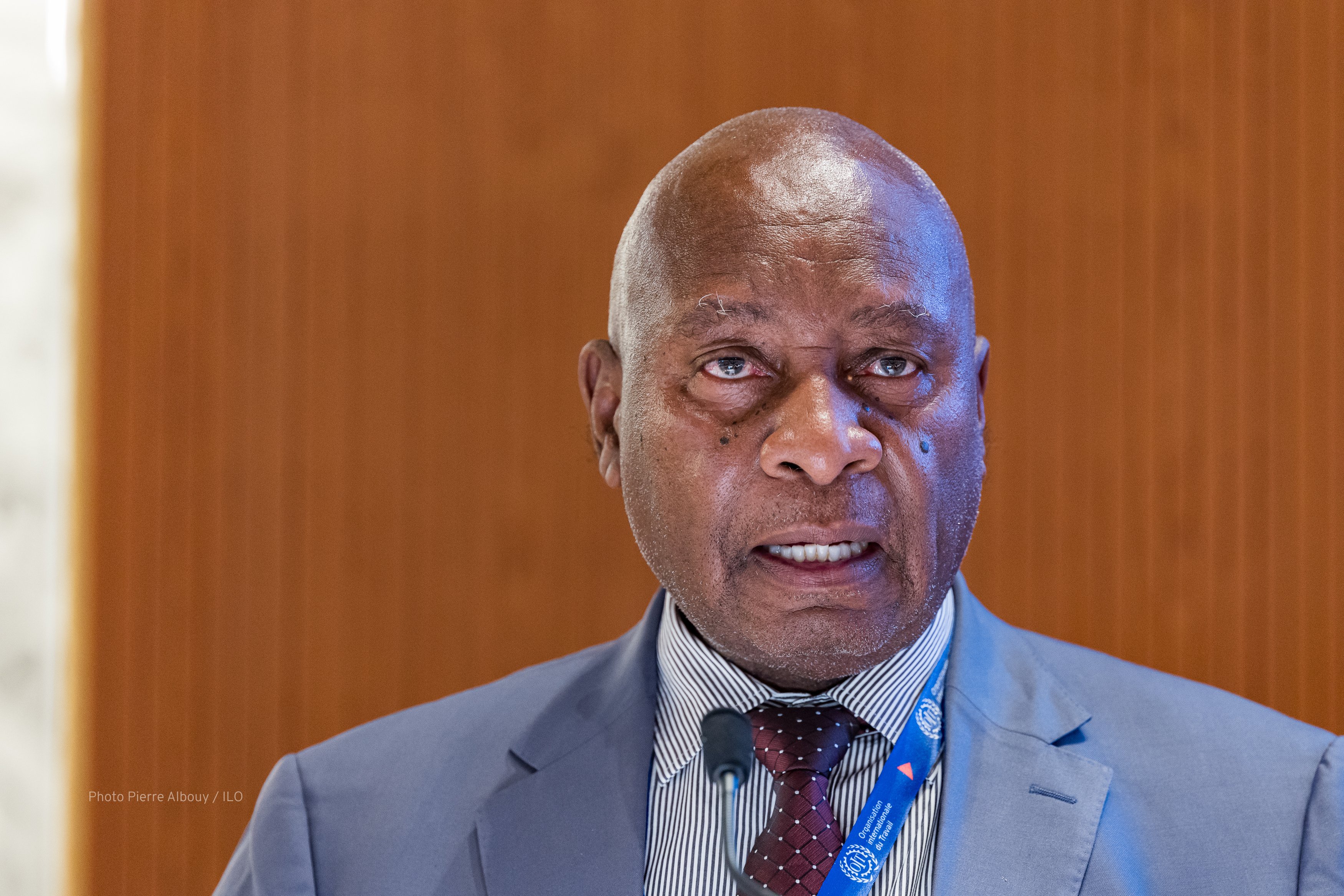

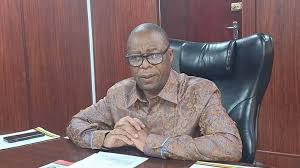

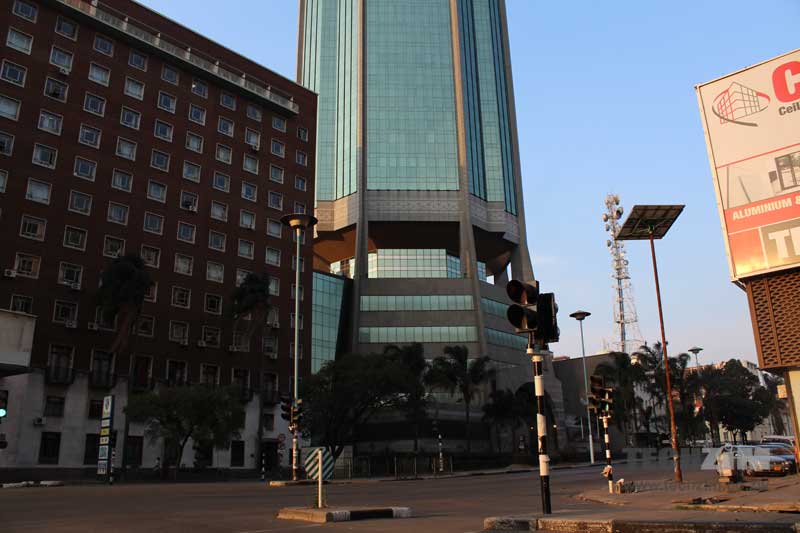
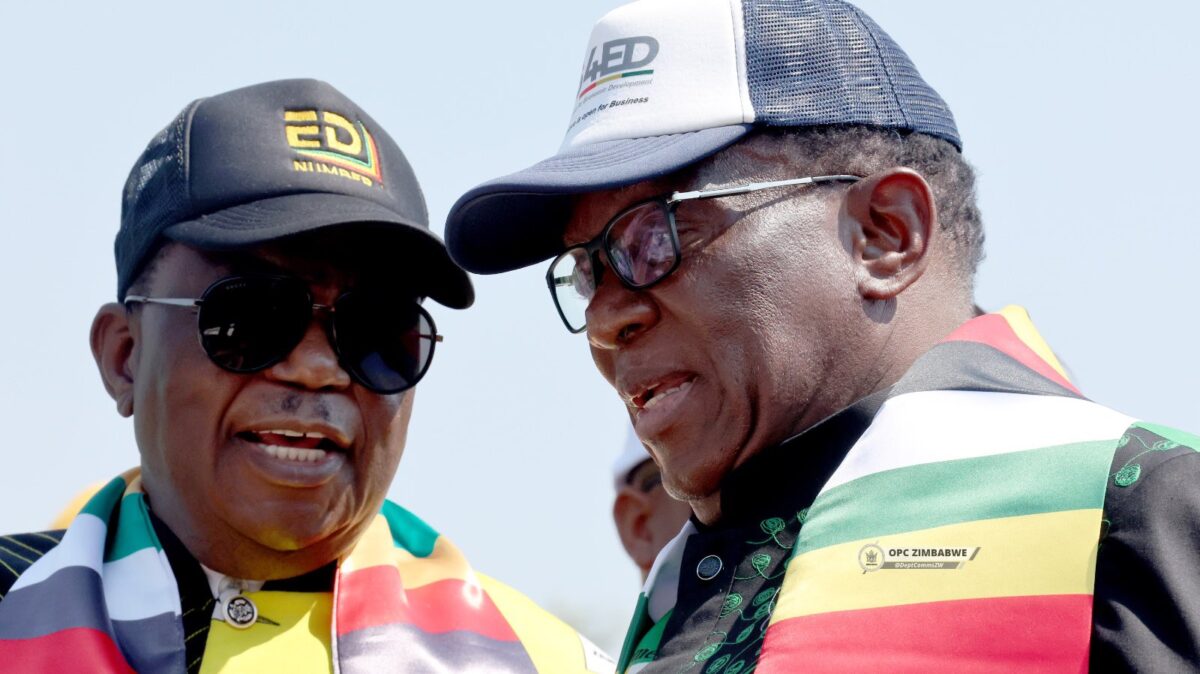
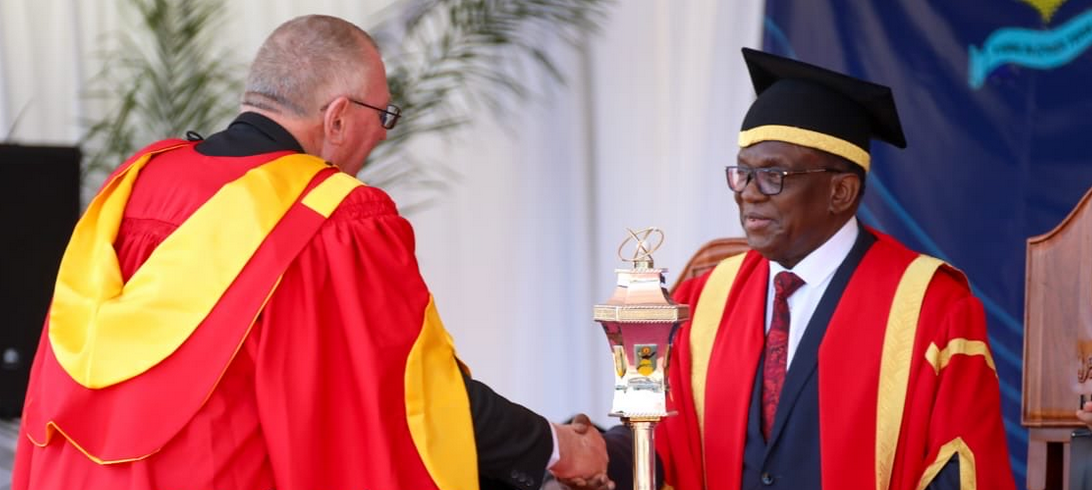
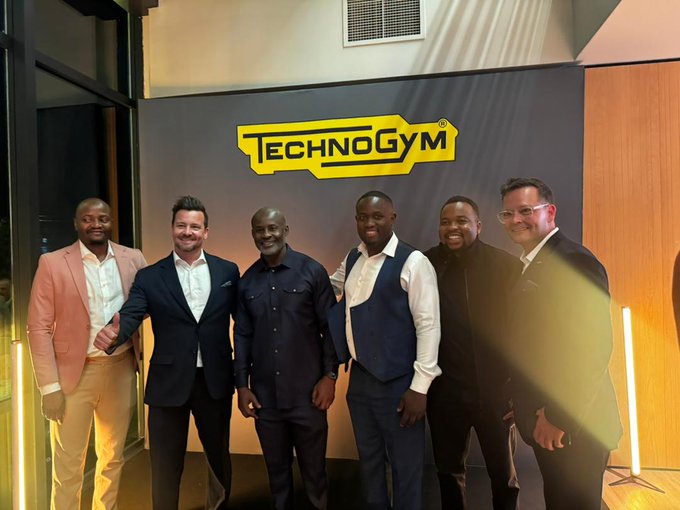
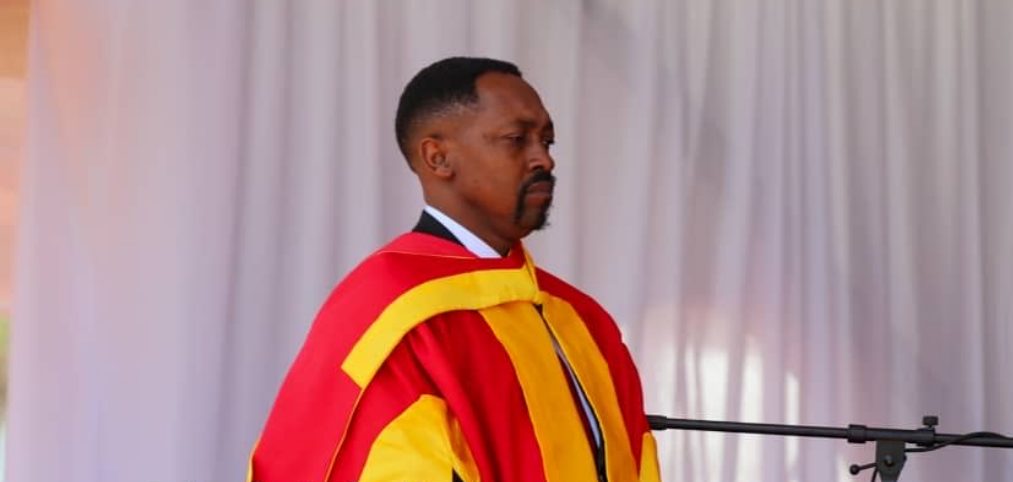
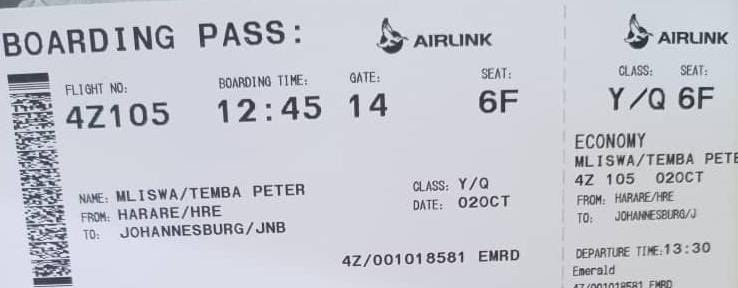

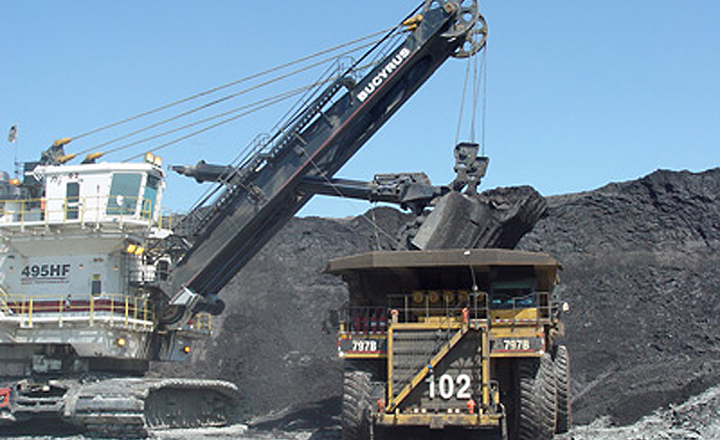
 Young Investment Professional (YIP) Graduate Programme 2019
Young Investment Professional (YIP) Graduate Programme 2019
Editor's Pick